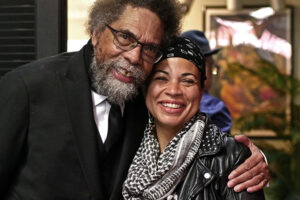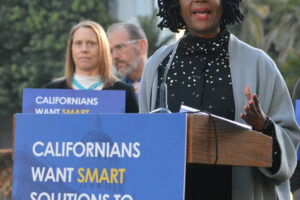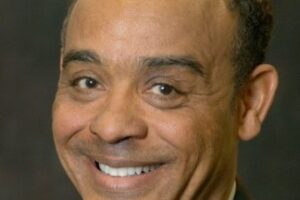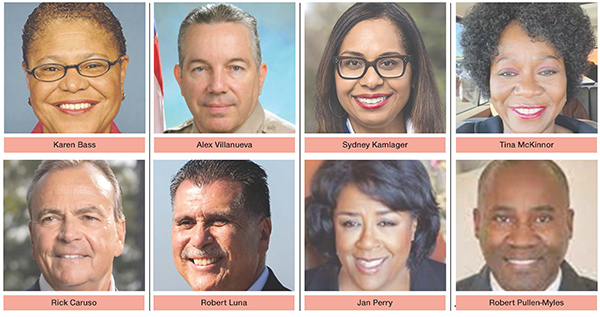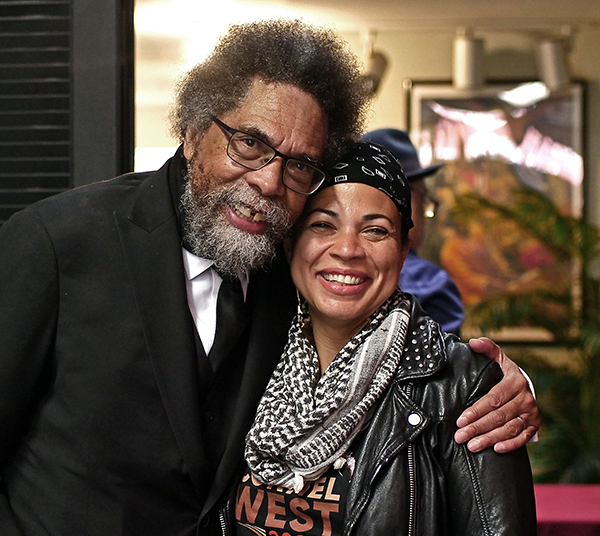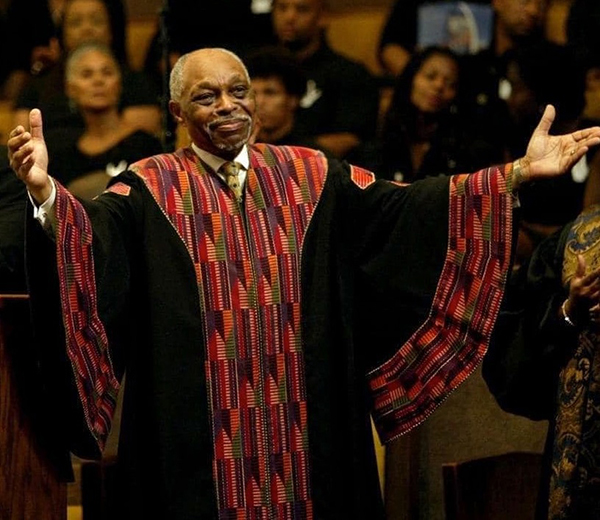By Ray Richardson
Contributing Writer
LOS ANGELES — Results of the June 7 primary election have established the battle lines for four key runoff elections in November that could shape the political landscape in South Los Angeles and the rest of the city and county for years to come.
Outcomes in the race for mayor of Los Angeles, Los Angeles County sheriff, the 37th Congressional District and 61st Assembly District could have long-term implications on policies affecting voters.
Barely 20% of the registered 5.6 voters in Los Angeles County turned out for the June primaries, but that number is expected to rise significantly when final choices are made in these key November races: Karen Bass or Rick Caruso for mayor of Los Angeles, Alex Villanueva or Robert Luna for Los Angeles County sheriff, state Sen. Sydney Kamlager or Jan Perry in the 37th Congressional District, the seat being vacated by Bass; and Tina McKinnor or Lawndale Mayor Robert Pullen-Miles in the 61st Assembly District.
To help voters prepare for intense campaigning over the next five months, The Wave is presenting an early preview of the four races that matter most to South Los Angeles residents.
Mayor of Los Angeles
Shortly after the polls closed June 7, Bass trailed Caruso by 5%. But that was before many of the mail-in ballots had been tabulated.
According to data released June 14 by the Los Angeles County Registrar of Voters office, Bass moved ahead of Caruso by a 3% margin. More votes are still being counted, but Bass’ surge is an indication that her grassroots support is holding up strong against Caruso’s financial power.
Caruso reportedly spent as much as $40 million in his primary campaign against Bass, a campaign that has saturated local media with negative ads criticizing Bass’ policies and voting record. Can Bass withstand another five months of Caruso’s attacks?
“Bass’ best counter is to not get into a negative ad shouting match with Caruso,” said political activist and Wave columnist Earl Ofari Hutchinson. “She needs to keep hammering on her positive record as a tough fighter for greater resources and programs to deal with homelessness, unemployment and racial justice. In other words, a real take-it-to-the-people.”
Bass’ strong community support has been constant, and in her words “overwhelming,” throughout her campaign.
The platforms projected by Bass and Caruso are similar. Both are telling voters that their priorities in City Hall are crime, public safety and homelessness. A major difference in their message is Caruso’s pledge to hire 1,500 officers for the Los Angeles Police Department.
Bass opposes hiring that many officers, claiming it would “bankrupt” the city budget. Bass has advocated for an increase in administrative staff for LAPD to free up more officers to be on the streets, as well as more social and mental health response teams to work with officers in less dangerous situations.
The challenge for voters is to decide which candidate’s public safety plan has more merit.
“It’s important that Black people not get brainwashed, swept up and bought off by Caruso,” said Najee Ali, executive director of Project Islamic Hope in Los Angeles. “Bass will continue to lead this race based on her track record of public service.”
Los Angeles County Sheriff
Villanueva is maintaining a 6% lead over Luna after the primary, but there are strong sentiments, particularly in minority communities, that Los Angeles County needs a new sheriff. Luna is viewed as a favorable replacement after a 36-year career in law enforcement, including seven as Long Beach police chief.
If more minorities vote in November, community leaders believe Luna can overtake Villanueva, who has been heavily criticized for alleged “gang activity” among his deputies and not disciplining deputies involved in questionable shootings of minorities.
The fear of more distrust between minorities and the Sheriff’s Department will be evident if Villanueva hangs on for a second term.
“Another four years of Villanueva means more entrenched gangs and more resistance to reform,” Hutchinson said. “Luna is by far the best candidate based on his record and transparency.”
Community leaders have cited Luna as being far more transparent and accessible than Villaneuva when it comes to minority issues. Luna will likely earn support in minority communities, as well as from sheriff candidates who dropped out of the race.
The question for Luna is whether he can make an impact with undecided voters who might not be comfortable with Villaneuva remaining in such a critical position.
37th Congressional District
Of the four races The Wave is previewing, Kamlager has the largest lead over her runoff opponent after the primary. Kamlager earned 43.8% of the votes, compared to Perry’s 18.7%.
Perry, who served 12 years on the Los Angeles City Council, has to come up with at least 25% more of the votes to make the November election more competitive. Despite the disadvantage, there are beliefs that she might be able to do it.
“This is not a done deal for Kamlager,” said Dallas Fowler, founder and CEO of HEIRS (Helping Empowered Individuals Reach Success), a political action committee in Los Angeles. “When Perry has more time to tell more voters about the work she has done with housing and economic development, and other issues affecting African-Americans in the district, her work will speak for itself.”
If Kamlager and Perry get an opportunity to debate, affordable housing will be a key topic for voters to evaluate which candidate has the better record.
61st Assembly District
Will being a moderate or progressive Democrat matter in this race? Pullen-Miles is the proclaimed moderate; McKinnor the progressive.
Pullen-Miles leads McKinnor by 8% after the primary, but he’s expected to face a strong challenge from McKinnor, particularly on the issues of homelessness and economic opportunities.
McKinnor is advocating working with congregations who want to build property on church land to provide housing for the homeless. She’s also proposing a bill called the “California ID Act,” which provides immediate identification for inmates coming out of jail or prison.
“The idea is to help them have an ID in hand when they get out, so they can do things right away to get themselves back on track,” McKinnor said.
Pullen-Miles is placing more responsibility on organizations to address the homeless issue.
“We have to make sure service providers have the funds and resources they need to effectively help the homeless,” Pullen-Miles said. “And we want to make sure that other wraparound services are available as well, such as mental health assistance.”
Ray Richardson is a contributing writer for The Wave. He can be reached at rayrich55@gmail.com.

